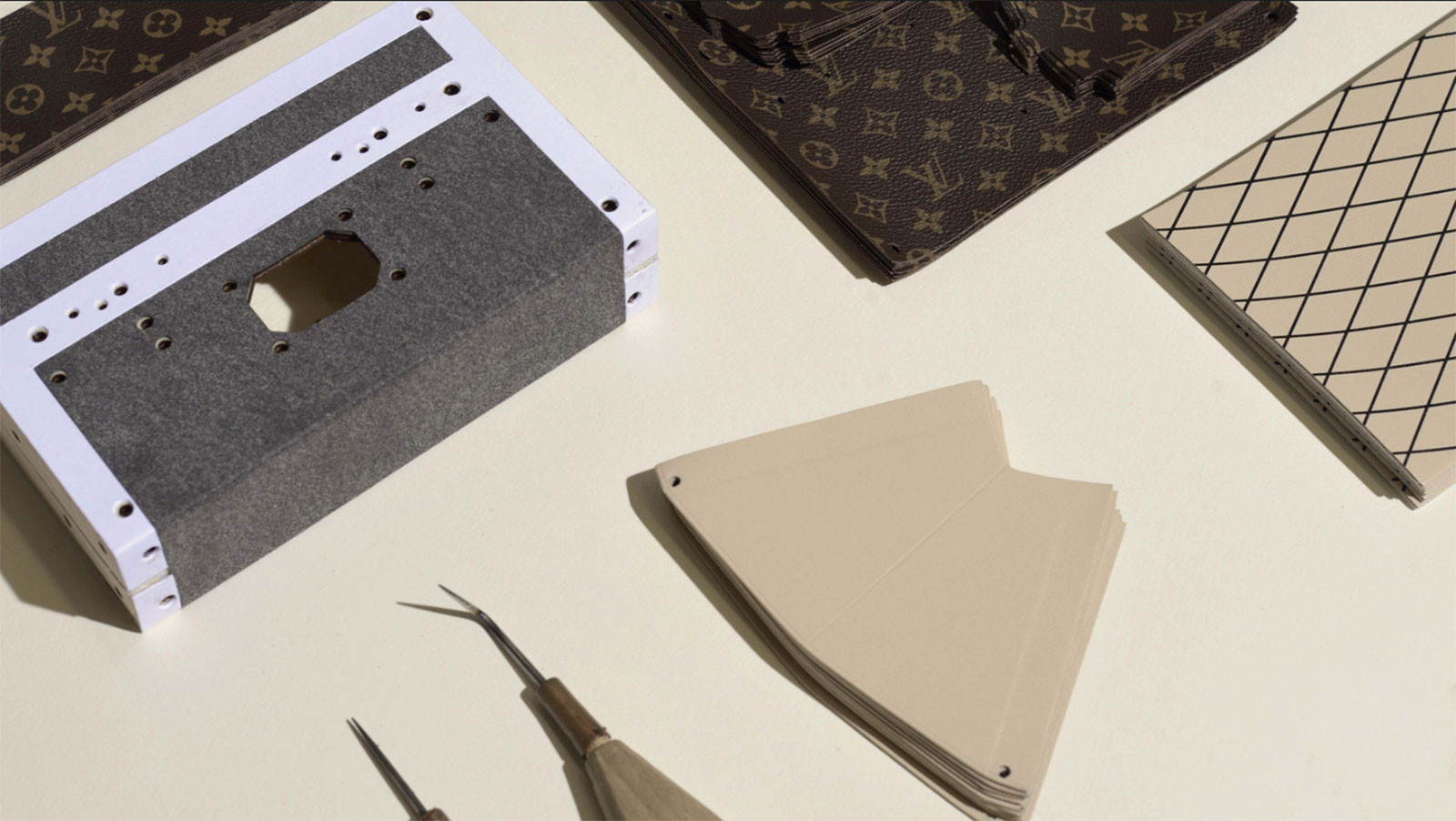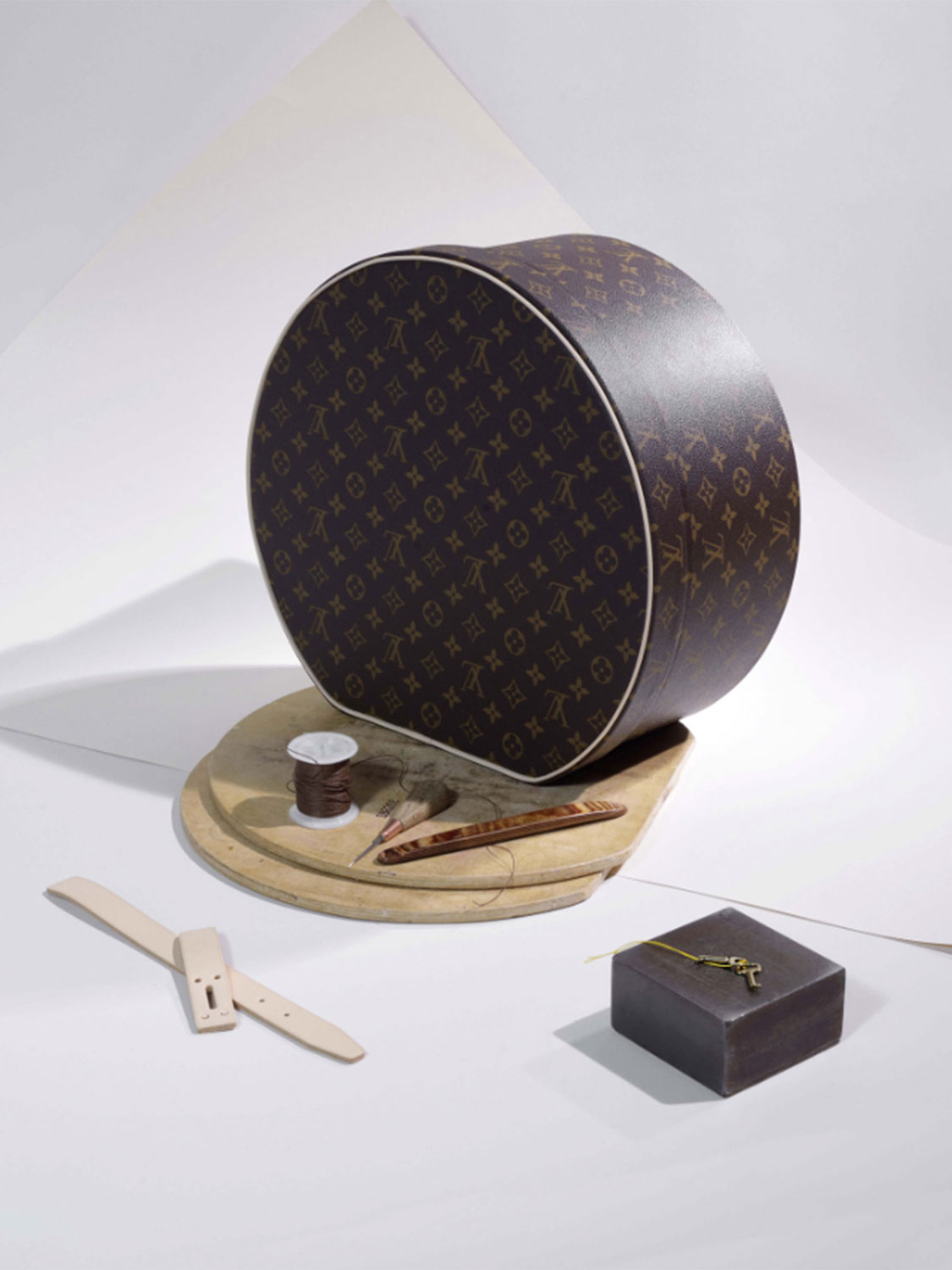The Blockchain That LVMH Built
This is the biggest news to hit the luxury sector this month. Period. Here’s how it will change your life (and buying habits) as a luxury consumer.
Counterfeit luxury goods are hand down one of the biggest problems in the luxury industry. No-one likes a fake, but the fact is that when it comes to premium brand imposters, there are plenty out there — and more on the way.
According to the Organisation for Economic Cooperation and Development (OECD) and the EU Intellectual Property Office (EUIPO), in 2016 alone, the volume of international trade in counterfeited and pirated products was estimated at approximately €460 billion - representing up to 3.3% of world trade, compared to 2.5% of world trade in 2013.
In Europe, imports of counterfeit and pirated products amounted to as much as €121 billion – or 6.8% of EU imports, compared to 5% of EU imports in 2013.
Luxury product scammer are also becoming better at imitating, producing, and distributing fake bags, shoes and apparel with luxury brand logos and designs — which means that its becoming harder and harder to tell authentic luxury from counterfeit products in this day and age — and premium brands are suffering as a result.
Until now.
In response to the heightened concern around soaring counterfeit rates across the world — particularly with the prevalence of digital and rise of online and aggregate buying platforms — luxury behemoth LVMH Moët Hennessy Louis Vuitton has come to the rescue and taken matters into its own hands.
Last week, at Paris’ annual technology fair VivaTech, the company announced the launch of AURA — a blockchain system specifically designed for proving the authenticity of luxury goods.
At a presentation for the LVMH Innovation Award at the event, French billionaire and LVMH head Bernard Arnault confirmed that the cryptographic provenance platform – developed in partnership with New York-based blockchain software firm ConsenSys using Microsoft technology — is currently being trialled by the several brands owned by the maison.
"For now, the Blockchain allows us to control our supply, to certify all the supply circuits of our different brands and houses: this is the main reason for our interest in this technology. of our homes is a question that will be asked later, but yes, the Blockchain is being tested in several houses of the group at this time, " Arnault told a small group of journalists, shortly before handing the prize.
While the company has remained tight-lipped about exactly which of the relevant brands among the 70 of the LVMH group are currently working with AURA, media reports indicate that Louis Vuitton, Parfums Christian Dior, Fendi and Givenchy could be some of the first to be exposed to the technology; with all signs pointing that AURA will soon be extended to LVMH ‘s other 60-plus luxury brands, and eventually those of its competitors.
How does it work?
Based on Ethereum blockchain technology AURA will allow consumers to access the product history and proof of authenticity of luxury goods — from raw materials to the point of sale, all the way to second-hand markets — providing full traceability for the buyer.
Encompassing the product life cycle — from design to raw materials, manufacturing, and distribution — the new technology will allow a consumer to use the LVMH application to receive an AURA certificate which includes coded information containing all relevant product information, proving the item’s provenance.
The result is a single source of truth for the consumer which is decentralised, verified and immutable — simultaneously ensuring the authenticity of the product, providing details on product origin and components (including ethical and environmental information), instructions for product care, and the after-sales and warranty services available.
According to Business of Fashion, Paris-based non-profit Arianee, which boasts executives from LVMH rivals Richemont and Kering in its board, is also taking steps to launch a similar database, with pilots due to roll out this year.
Discover more about LVMH’s blockchain technology via this video, courtesy of
Institute for the Future (IFTF):
By Daniela Aroche




